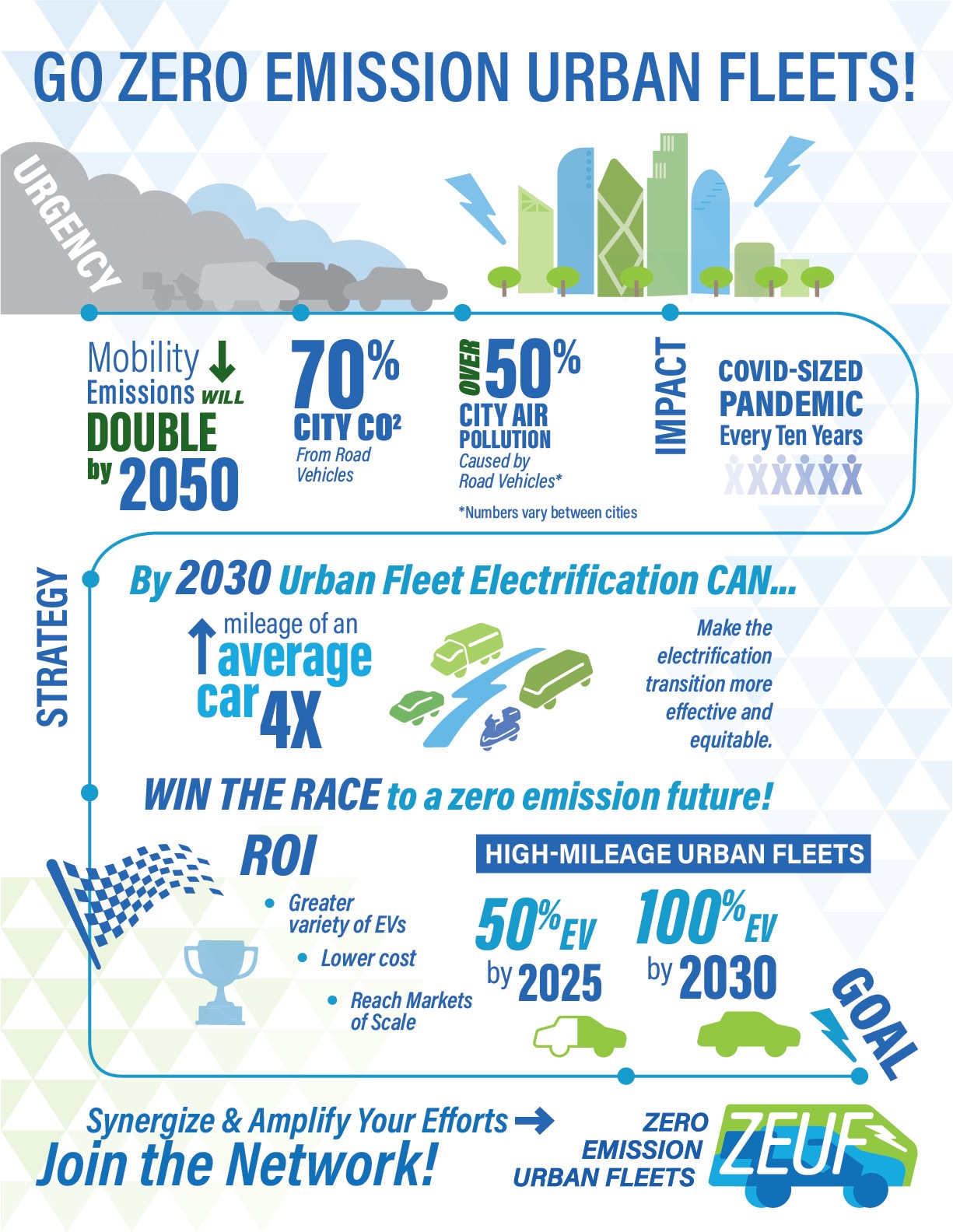Electric car sales have surged in Europe - so why is adoption still slow?
Electric cars ... even with subsidies, cost is still one of the biggest barriers to mass market adoption.
Image: Unsplash/Chuttersnap
Explore and monitor how Mobility is affecting economies, industries and global issues
Stay up to date:
Mobility
- Electric vehicle (EV) sales are surging, especially in Europe, where the market grew by 62% in the past 12 months.
- Mass-market EV adoption still faces barriers such as their high cost and lack of charging infrastructure.
- Supply chain issues also need to be addressed to ensure the production and affordability of electric cars, a goal that the World Economic Forum’s Resilient and Sustainable Automotive Value Chains initiative supports.
Imagine electric cars making up a third of all vehicles on US roads and fleets of battery-powered taxis whizzing around the streets of London and New York City.
A vision of the decarbonized future of mobility? No, it’s a snapshot from the year 1900, when electric vehicles (EVs) were a common vista in Europe and the US. However, their limited range and the availability of cheap fuel for petrol-powered cars ultimately swung the balance for the latter. By the mid-1930s, EVs had virtually disappeared.
Until now.
As a key factor in the race to net-zero carbon emissions, EVs are making a comeback – over 100 years later. Last year, passenger EV sales reached 10.5 million globally, up from 6.5 million in 2021, according to Bloomberg New Energy Finance. Growth in Europe has been particularly strong – second only to China.
Europeans make the switch to electric cars
For the 12 months to July 2023, the region saw a surge of 62% in EV sales, while diesel sales dropped by 9%, Bloomberg reports, based on data from the European Automobile Manufacturers Association (ACEA). In Germany, registrations in July 2023 alone jumped up by nearly 70%, with France and Spain also seeing double-digit growth.
According to market analysts Autovista24, EVs now have a 20% market share in Germany, led by Volkswagen’s ID.4, the Fiat 500e and Tesla’s Model Y. The strong growth over the summer suggests that sales could increase even more substantially in the autumn.
These trends are in line with the upward trend for EVs – including battery-powered and hybrid cars – in the EU recorded by the ACEA since 2018.
Continued barriers for electric car sales
A recent report from Ernst & Young points to the positive effects that regulation, subsidies and incentives have had in terms of driving uptake. Other factors propelling sales are the perceived urgency to decarbonize and carmakers’ commitment to EV and battery manufacturing.
Yet, despite the positive trend, mass-market EV uptake still faces a number of barriers.
Electric car ownership is now pushing past the early adopter segment. But even with subsidies, cost is still one of the biggest barriers to mass market adoption. On average, EVs cost over a quarter more than internal combustion engines (also known as ICE) models. However, over time, their cost of ownership is lower – something car buyers are not widely aware of, EY point out.
While range anxiety may not be as worrisome to buyers due to improved battery technology, the lag in building out charging infrastructure continues to affect the market. EY predicts that adoption will stall without substantial public networks of fast chargers catering for those who can’t charge at home or need top-ups on longer journeys. This will require the removal of red tape, faster approvals from local authorities and available grid connections from utility networks, EY say.
The European Union’s new goal of 1 million public charging points by 2025 (one every 60 kilometres on highways) and 3 million by 2030, may go some way towards easing buyers’ concerns.
How is the World Economic Forum helping to scale vehicle electrification?
Shoring up supply chains for electric cars
Last but not least, supply chains need to be shored up. Supply issues in the wake of the pandemic have underlined carmakers’ vital dependence on imports of raw materials and batteries from China. They need to diversify their supply chains to ensure they can continue to produce as well as make electric cars more affordable, EY points out.
A variety of initiatives is already underway to address this, with carmakers investing both in the battery market and in setting up gigafactories closer to their own production sites.
The World Economic Forum’s Resilient and Sustainable Automotive Value Chains (RAVC) initiative aims to help the vehicle sector rethink its business models to contend with ongoing geopolitical tensions and a series of unprecedented crises which have led to existential supply disruptions.
Accept our marketing cookies to access this content.
These cookies are currently disabled in your browser.
Don't miss any update on this topic
Create a free account and access your personalized content collection with our latest publications and analyses.
License and Republishing
World Economic Forum articles may be republished in accordance with the Creative Commons Attribution-NonCommercial-NoDerivatives 4.0 International Public License, and in accordance with our Terms of Use.
The views expressed in this article are those of the author alone and not the World Economic Forum.
Related topics:
Forum Stories newsletter
Bringing you weekly curated insights and analysis on the global issues that matter.
More on Energy TransitionSee all
Eleni Kemene and Anne Christianson
May 16, 2025
Andrea Willige
May 13, 2025
Roberto Bocca
May 9, 2025
Kesang Tashi Ukyab and Leo Simonovich
May 9, 2025
Nii Ahele Nunoo
May 6, 2025
Denise Rotondo and Chris Leong
May 5, 2025






